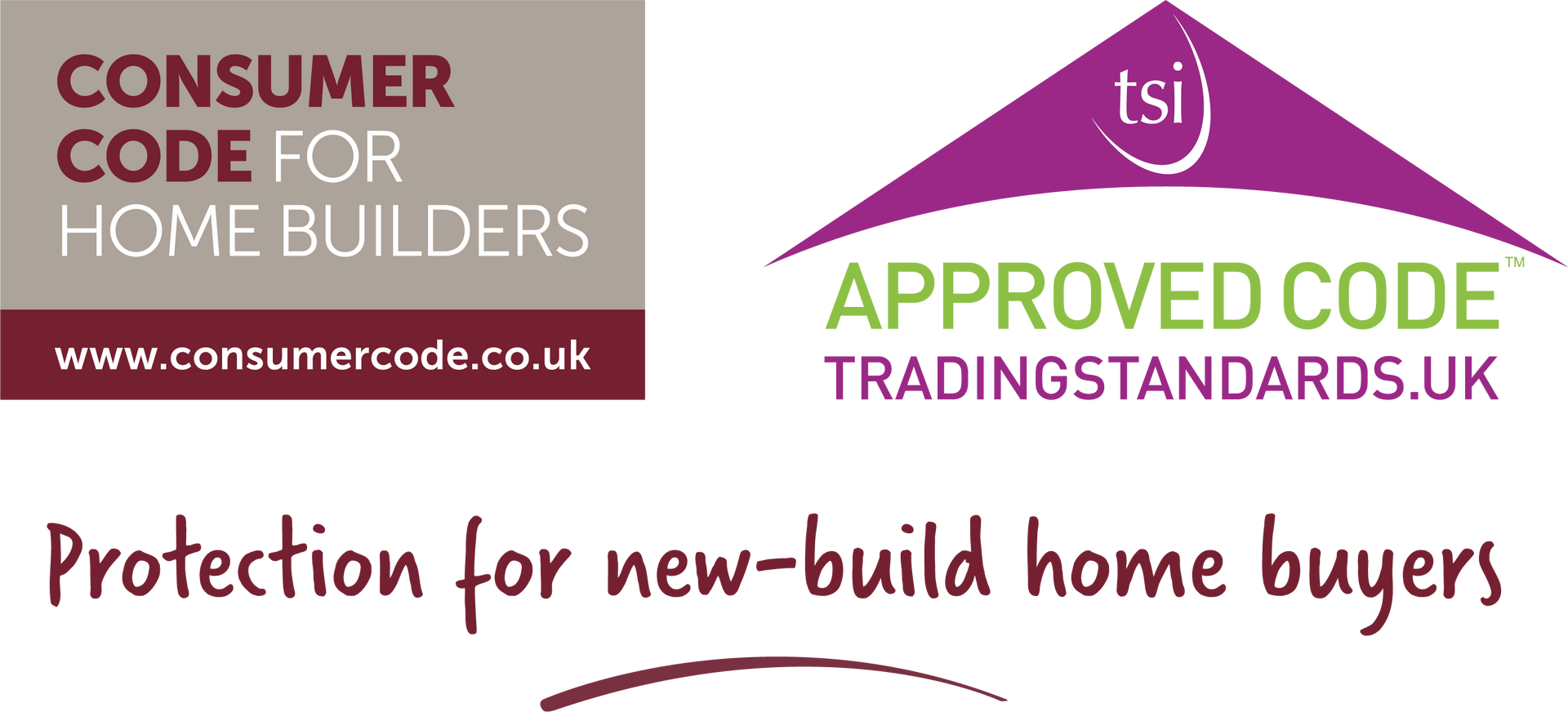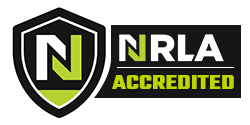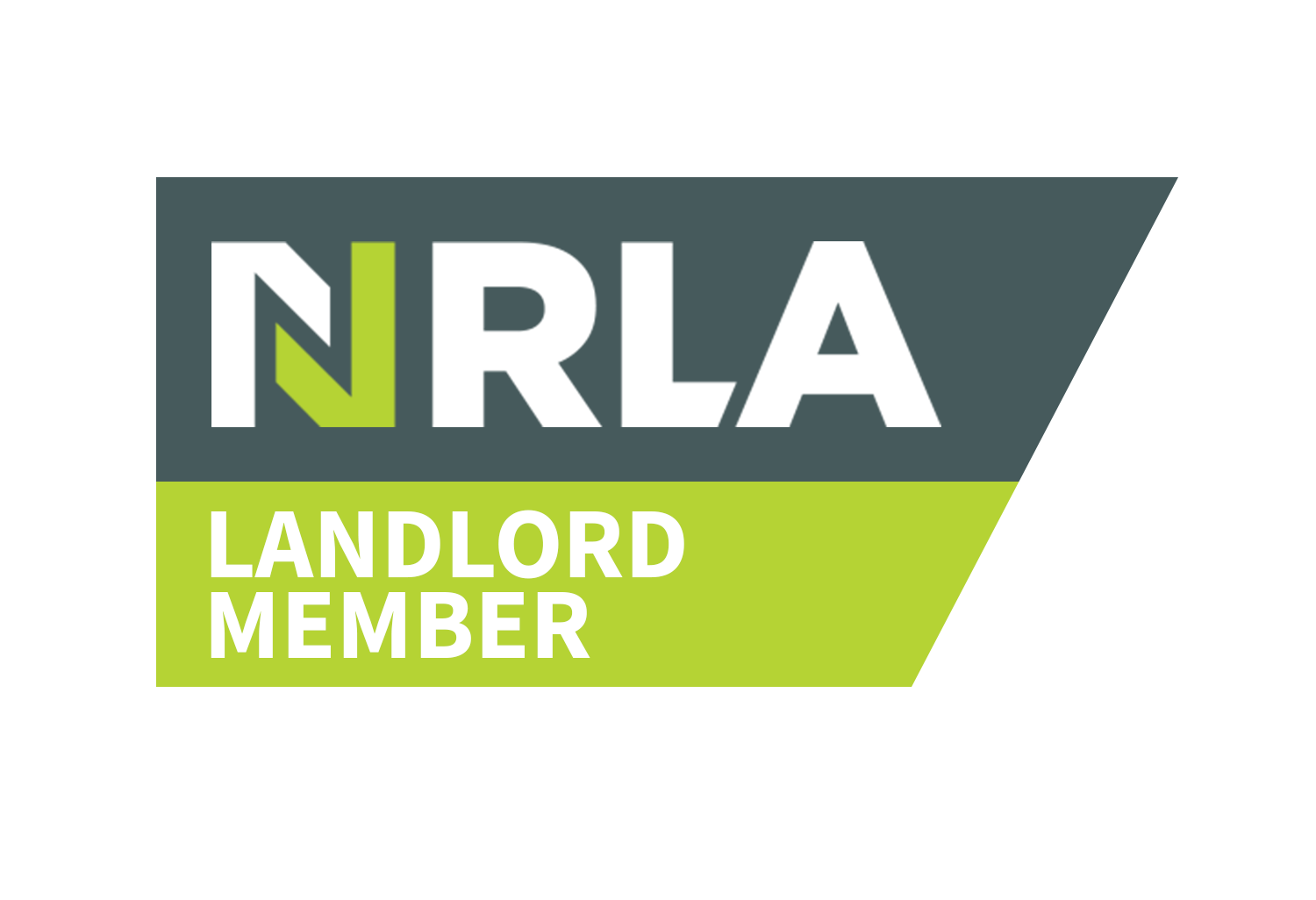The language or expressions used in the world of property can sometimes be unfamiliar to anyone who is not regularly buying or selling a home. Here is a guide to help you understand what they all mean.
A
Agreement in Principle
This is when your application for your mortgage has been approved by your lender, subject to further checks. These are likely to be checks on your income and the value of the property.
Arrangement Fee
A fee your lender will charge you for arranging your mortgage. It can be paid on completion or included in your mortgage loan.
B
Base/Bank Rate
A Mortgage rates are determined by this. It is the interest rate at which the Bank of England will lend money to other banks.
Bridging Loan
If you’re buying a new property and the sale of your old property has not yet gone through, you may need a loan to bridge the gap.
C
Checkmate
A building warranty provider covering insurance backed warranties for newly converted and new homes.
Chain
A chain is formed when several property sales and purchases are inter-dependent.
Completion
The final stage of the sale. At this time all the monies are passed over and the buyer has legal right to the property.
Completion statement
A document which your solicitor or conveyancer will provide as a record of all the financial transactions and costs.
Contract
A legal agreement between two parties that has two parts. You, the buyer sign one part and we, the seller sign the other.
Conditions of Sale
The specific items in a sale contract that govern the rights of the buyer and the duties of the seller.
Conveyancing
The legal transfer of a property from one owner to another via your legal representative/solicitor.
Conveyancer
A representative, solicitor or licensed conveyancer, who deals with the legal aspects of buying or selling a property.
Covenant
Usually in your deeds, this is a legal restriction or condition affecting the property, which you must comply with. For example, pledging to maintain the property or grounds in a certain way.
D
Deeds
The legal documents relating to the property. They are usually held on your behalf by your mortgage provider.
Deposit
Paid by the buyer on exchange of contracts and usually a percentage payment of the agreed purchase price.
Draft Contract
The initial version of the contract. This may be amended during the course of the sale but becomes final at the point of exchange of contracts.
Disbursements
The items in addition to legal fees in conveyancing. These may include Stamp Duty Land Tax, Land Registry fees, search fees and any other expenses. All conveyancers should be able to estimate the likely level of disbursements before the transaction commences.
E
Easement
A right that affects a property – such as the right of neighbours to pass over an access path or the right of the water company to have their pipes and drains running under the property.
Energy Performance Certificate (EPC)
In England and Wales, if you are selling a property you are required to provide a valid Energy Performance Certificate (EPC). It tells the prospective buyers how energy efficient the property is.
Enquiries
Questions which are raised by the buyer’s conveyancer, often about survey or property information forms.
Exchange
This is where you, the buyer and us, the seller exchange contracts. After the exchange, the sale is legally binding.
Equity
Your equity in your property is how much of it you own. It is the difference between the value of your home and the mortgage you still owe. Negative equity occurs when you owe more to your lender than the sale price of the property.
F
First Time Buyer
Someone buying for the first time also used to describe a buyer who has nothing to sell who may not be buying for the first time.
Freehold
A term used where a building and the land that it sits upon is owned outright for an undetermined period of time.
Fixtures & Fittings
When buying: Fixtures are items that are part of a building or land and are therefore included in the sale. Fittings are not attached to the building or land and so are not included in the sale unless otherwise agreed. The seller will normally complete a fixtures and fittings form that will confirm what is included in the sale, what isn’t included, and what is for sale separately.
G
Ground Rent
A charge levied by the freeholder on leasehold properties.
Guarantor
A person who guarantees that a loan will be paid, even if the buyer defaults on the repayments
H
Help to Buy
Help to Buy is a government scheme which provides and equity Loan to makes it possible to buy a home with just a 5% deposit. Further information can be found at https://www.helptobuy.gov.uk
I
Independent Financial Advisors
Known as IFAs, these professionals offer independent financial advice on all financial matters. They have knowledge of the whole market and can recommend the most suitable financial products, such as mortgages.
L
Leasehold
The use and occupation of a property by way of a lease agreement for a certain period of time. A lease is frequently applicable to flats but can also apply to houses. The term of a lease varies but is commonly 99, 125 or 999 years
Land Registry and Fees
The Land Registry is the government body that records who owns land and property in the UK. You pay them a fee, through your solicitor, to register your ownership of your new property.
Local Searches
These are carried out by your solicitor and reveal any changes that may effect your new home or the surrounding area, including any planning decisions and applications.
M
Maisonette
A flat with its own private entrance.
Maintenance or Service Charge
A charge paid by owners ofLeasehold properties (normally flats) to cover the cost to maintain, insure the building and cover other general maintenance tasks.
Management Company
A company who is appointed to take responsibility for the maintenance and management of all communal areas and shared services, like roads, streetlights, open spaces.
Mortgage
Most people take out a mortgage to buy a house. An Independent Mortgage Adviser can explain all the types of mortgages available to you. When you take out a mortgage your property is used as security.
Mortgage Valuation
When you apply for a mortgage the lender will normally insist on a survey before agreeing on a loan. They will asses the value and condition of the property.
N
Notice
The period immediately after the building work on your new home has finished in which legal completion must take place. We will let your Solicitors know when notice is served.
Negative Equity
Where the amount outstanding on the mortgage exceeds the value of the property.
O
Open House Viewing
The process where viewings are carried out by an estate agent over a period of time where all prospective buyers can view instead of separate or private viewings.
P
Part Exchange
With Part Exchange, you buy our home and we buy yours. You’ll get the full market value, a guaranteed buyer and none of the hassle of a chain, or the stress of a sale falling through.
Purchaser
The term used for someone purchasing a property.
R
Reposession
If a mortgage is not paid over a period of time, the lender may ultimately take ownership of the property by the process of repossession.
S
Searches
These are conducted by your lawyer to check if there is anything that might affect the current or future value of the property.
Share of Freehold
Where a freehold property is owned by a limited company and the shareholder are the individuals who own the flats in the building.
Sold Subject to Contract
When both the seller and the buyer have agreed a sale but the legal paperwork isn’t complete.
Stamp Duty
This is a government tax on the sale of a residential property. You will pay this at completion. The amount varies dependent on the purchase price and increases in bands.
Standard Variable Rate (SVR)
The standard interest rate set by the lender that in most instances tracks the Bank of England base rate.
Survey
As assessment of a properties condition and or value normally carried out by a qualified surveyor.
T
Tenure
The mode of holding ownership ie Freehold or Leasehold
Title Deeds
The legal documents that set out the rights and liabilities that attach to the property and state who are the legal owners. You sign this and it is then sent to the Land Registry for registration.
Transfer Document
A legal document that transfers ownership of a property and its rights from the seller to the buyer.
U
Under Offer
When an offer has been accepted on a property.
V
Vendor
A person selling a property
W
Will
A will is a legal document which details how your estate will be managed and distributed after your death.


